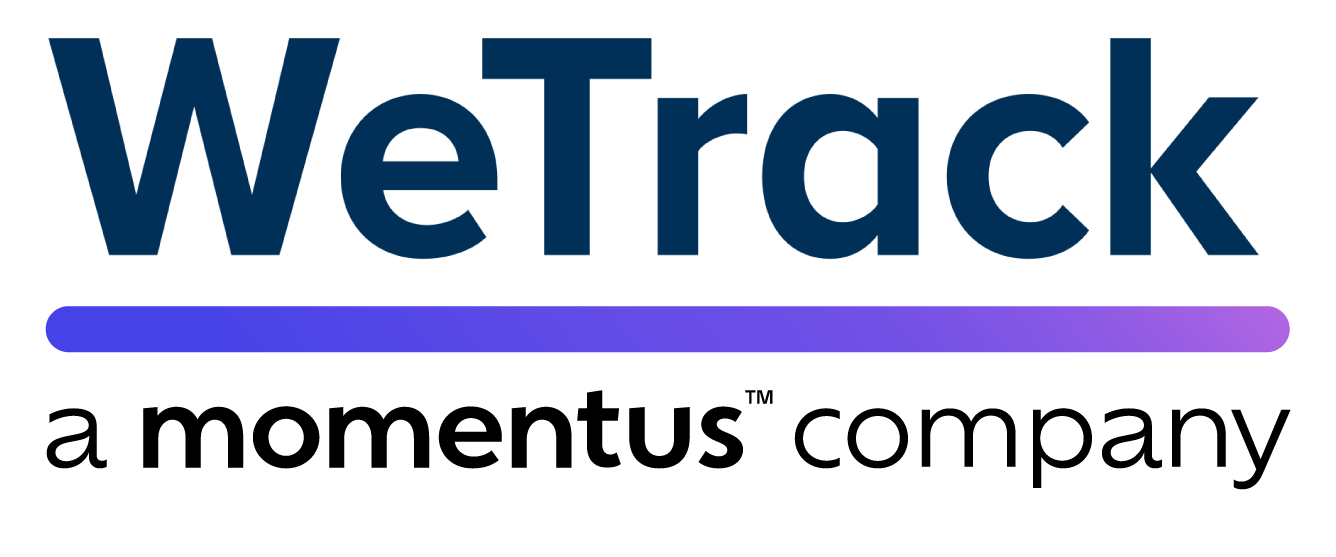Project management can often feel like a minefield of jargon, so here we pick out some of the terms you need to know to gain a basic understanding of project management and how to do it well. Click on any links to read WeTrack or external articles that look at a particular area in greater depth.

Agile. A flexible project management methodology that prioritises frequent iteration and faster work over rigid structure and fixed deadlines.
Change Management. Often found in large organisations that are working towards very fixed deadlines, such as a major event organising committee, change management involves having a formal process to manage changes to projects, tasks and their baseline dates.
Dependency. This is when one project or task is dependent on the successful completion of another, and needs to be understood so that everyone knows how their work might be impacted.
Enterprise Project Management. This is a project management approach found in organisations with a large number of staff and teams. It involves a large number of complex projects being managed simultaneously, which creates the need for strong reporting and collaboration processes.
Gantt Chart. This is a visual timeline tool which enables you to better understand how your projects and tasks relate to each other chronologically, seeing where your workload is increased, where tasks are at risk of falling behind, and how much slack you have in different phases of your project delivery.
Milestone. A milestone is a significant task that needs to be achieved by a certain date; your key milestones are the most important pieces of work that need to be completed on time in order for your overall project to be completed on time.
Project. A project is a large piece of work that needs to be achieved. It will likely consist of more than twenty tasks and at least a few milestones. It could also be divided into sub-projects, especially if there are distinct chronological phases to the project.
Project Management. This consists of delivering large pieces of work to achieve a specific end objective.
Project Management Office (PMO). This is a team set up within larger organisations specifically to oversee the delivery of projects within the organisation, responsible for project management, resource management, and establishing reporting processes.
Project Management Software. This is a system, with WeTrack's project management module being an example, that digitises and automates crucial processes in project management: managing project and task deadlines, collaborating within your organisation, and reporting to senior management and stakeholders.
PRINCE2. PRINCE2 is a project management methodology, popular within the United Kingdom and the standard project management qualification. It is structured and risk-averse, breaking projects down into seven stages.
Reporting. This is a crucial element of project management, but one that is often inefficient, expensive and time-consuming. It involves sharing the right information at the right time in the right format, both within and outside your organisation.
Risk Management. An intrinsic part of project management, this consists of identifying and managing any uncertainties that might impact the successful delivery of your project. This might be potential negative impacts - risks and issues - or positive impacts - opportunities.
Scrum. This methodology of project management involves completing pieces of work in small chunks of two to four weeks, allowing you to marry short-term priorities with long-term objectives.
Spreadsheets. The home of inefficient project management! Spreadsheets are static documents which can host lists of projects and tasks being worked on.
Stakeholder. This is an individual or organisation impacted in some way by a project which your organisation is working on. They might be working with you directly and receiving reports, or they might just be an affected party.
Task. A task is a basic unit of work. A group of similar tasks working towards the same end goal makes up a project. A task can also be split into smaller sub-tasks if necessary.
Waterfall. This project management methodology also rewards structure, suiting a project where the complete scheme of work can be planned in advance and then delivered following sets of pre-defined steps.

Arming yourself with this basic knowledge of project management principles and best practices, and exploring any further resources that are of interest, will give you a solid grounding in project management to take into your own work and your organisation.

Need some software to boost your project management? Explore WeTrack's project management software here - and watch a short introduction to WeTrack or request a demo for a conversation about your needs.


